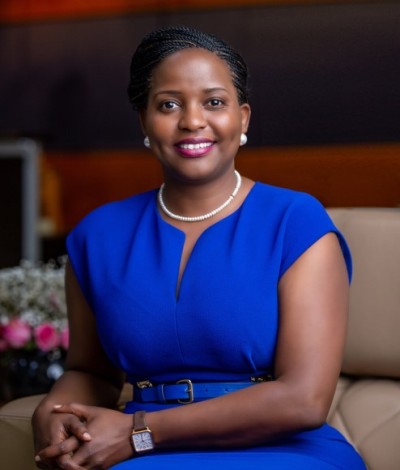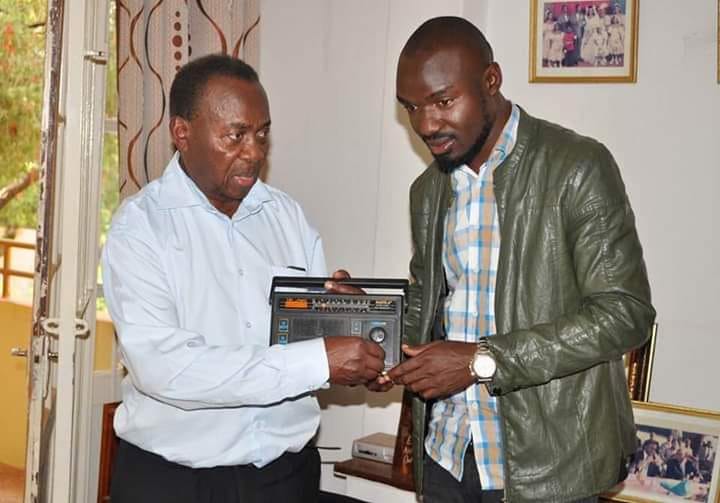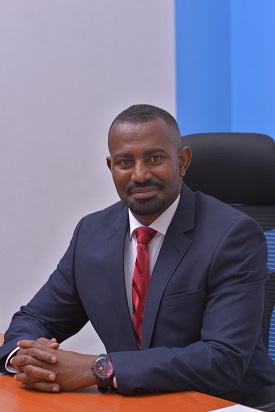By Anne Juuko, Chief Executive of Stanbic Bank Uganda
Africa’s progress in empowering women risks being undone if authorities’ responses to the Covid-19 crisis do not take gender issues into account.
Most notably, access to funding will be critical for the survival of many small businesses; yet we know that women entrepreneurs face significantly greater obstacles than men when it comes to accessing financial services. If policymakers are not cognisant of this in their responses, including in their fiscal stimulus packages, Africa’s strides forward in financial inclusion could be reversed in the months and years ahead.
We must ensure that our responses are aligned to the UN’s Sustainable Development Goals, which include the pursuit of gender equality and sustainable economic growth.
Already, it is evident that women are shouldering most of the burden as we tackle Covid-19. The majority of frontline healthcare workers are female, and unpaid household work –which has become even more time-consuming as schools are shut – remains skewed towards women. At the same time, instances of gender-based violence have increased at an alarming rate amid national lockdowns and curfews.
The crisis before us is a turning point for humanity. If we fail to act in a responsible manner, we risk regressing and giving up recent gains in economic development and women empowerment. On the other hand, Covid-19 is an opportunity for introspection and reflection – a moment to consider the kind of future we want and the urgent steps we need to take to get there.
More than ever, we need empathetic leaders who seek innovative solutions to unprecedented challenges. These are qualities that many women possess, which is why we need to ensure that women are better represented in African parliaments, businesses and civil society at a leadership level.
There is a great need to seize this opportunity to ensure we have the skills needed for the workplace of tomorrow. More emphasis needs to be placed on science, technology, engineering, and mathematics (STEM) subjects in our schools, and corporates should be up-skilling their employees so that they can remain relevant well into the future.
Standard Bank Group, which houses Stanbic Bank, commits to playing its part. We have been working with policymakers to ensure their responses are thorough, pragmatic, and practical.
By assuming our role as an advisor and partner to clients and governments –with the aim of collectively building a better tomorrow – we are acting in accordance with our membership of the United Nations Principles for Responsible Banking.
We are also taking extraordinary steps to assist customers, including credit-relief programmes and scrapping fees on digital channels to promote social distancing. We are helping vulnerable communities by providing them with food and access to funding, and we are arming our employees with reliable information and the tools they need to serve customers safely.
And, in partnership with the United Nations Economic Commission for Africa (UNECA), we are in the process of rolling out an innovative impact fund that will provide capital and expertise to women fund managers.
The African Women Leadership Fund (AWLF) initiative aims to raise up to $1 billion over 10 years (€920 million or R17.5 billion) for women fund managers, who in turn will invest in high-impact businesses and projects across the continent.
Just as we need more women decision-makers in government, the initiative seeks to ensure that we have more female decision-makers in the asset-management industry.
Standard Bank Group has also set itself a target of having at least 20% female chief executives within the group by 2021 as part of its commitment to the UN’s global solidarity movement for gender equality, HeForShe. Across the group, women currently hold 32.3% of executive positions and 40.3% of senior management positions, and these figures continue to climb.
As we prepare for the difficult period that lies ahead, we all need to adopt a new frame of mind – an anti-fragile mentality where we increase our adversity quotient and emerge better.
The period ahead will undoubtedly be exceptionally difficult. To come through the other side on stronger footing, we will need a coordinated effort between government, the private sector and civil society.





